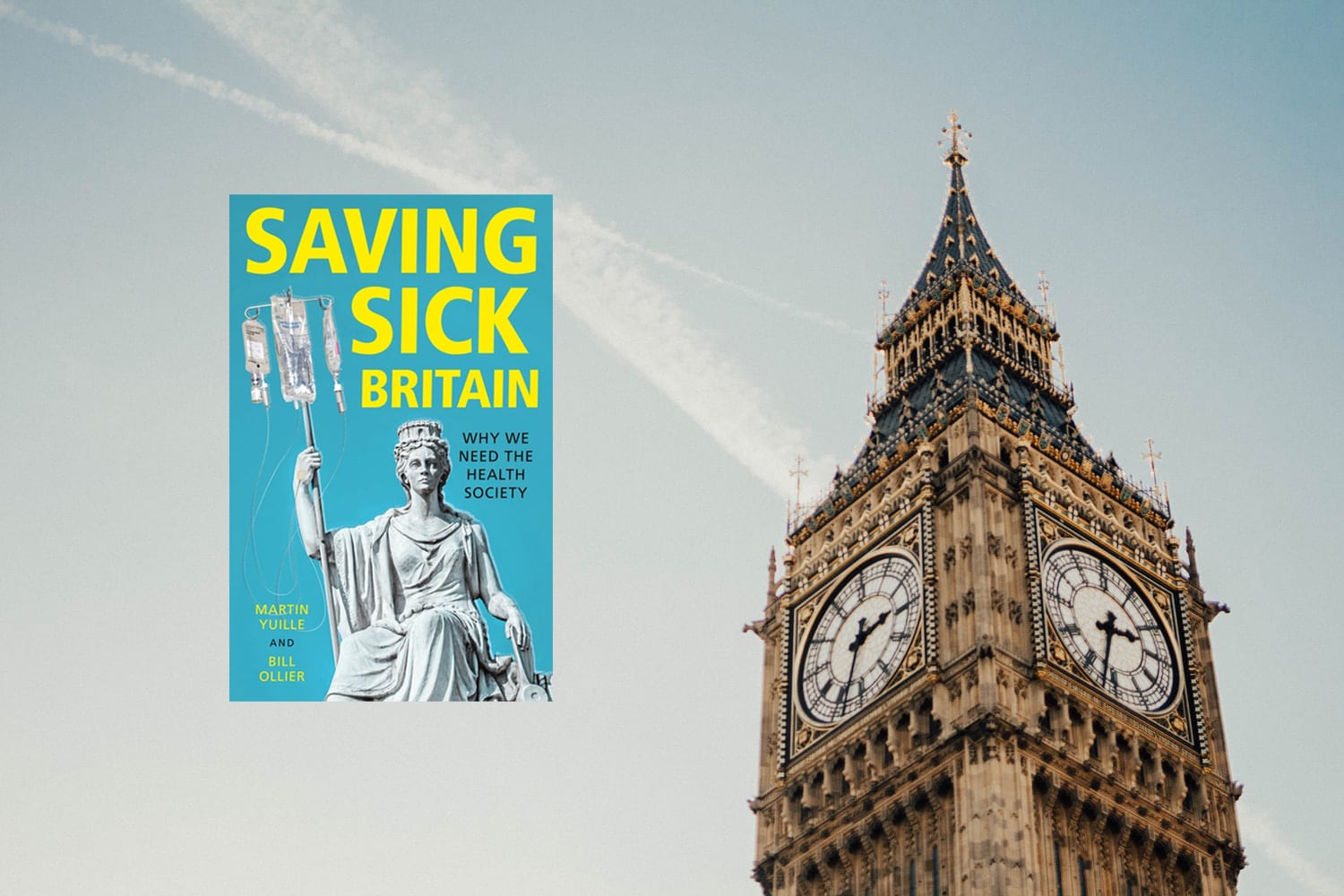
Ican feel it and I know you can feel it too. The pressure is building up in General Practice and Primary Care as a whole, and it’s nearing boiling point…
It’s difficult to know how things will pan out and where we will end up. But currently there seems to be a whole maelstrom of incompatible and clashing forces within our profession. An unsustainable workload. Demanding and aggressive patients. Secondary care mass-dumping in the name of “integration”. Non-stop days of call centre medicine. NHS England letters and edicts. Hundreds of risky clinical decisions daily. The impact of e-consultation. Patients saying “while I’m here” and “one more thing”. 16 page open letters to patients. Isolation in our rooms. Instant messages. Tasks. Emails from hospitals requesting tests and prescriptions. Knocks on the door. Patients accosting us in the waiting room. Ill and burnout colleagues. Symptom overload. Empathic burnout… The list goes on, and that’s a relatively easy day.
Will General Practice have a future as the greatest of all the medical professions?
It’s difficult to call it isn’t it?
The number of GP partners is in freefall and seems like this will continue. Very few younger GPs want to be partners, and nearly all of them want to be portfolio GPs. Whilst the number of GP partners is falling, the unlimited joint and several liabilities of GP Partnerships are not. They are increasing. This is going to create a big problem. GP Partnerships still ultimately derive from the Partnership Act of 1890, which is widely regarded as the most perfect bit of legislation ever written. This is why it is essentially unchanged in the law of Partnerships – it is pretty much unimprovable.
The number of GP partners is in freefall.
Unlimited joint and several liability is conceptually and legally not suited to “large scale” General Practice in any form, as I think we are likely to find out over the next few years. So it seems that the whole Partnership model that has existed since 1948 may be under existential threat.
If in the crucible of Primary Care that is currently boiling away, this fact is ignored and practices continue to merge, Primary Care Networks (PCNs), Super-practices etc etc, it seems likely that this liability time-bomb will go “boom” at intermittent intervals with increasing regularity. I could be wrong and the Partnership model will limp onward. But if there are no new GP Partners, then eventually what will happen anyway?
If this does happen, and the partnership / liability axis does finally keel over (or get pushed over), and eventually banished, then what will happen?
If … the partnership / liability axis does finally keel over … then what will happen?
There may be advantages. Negotiations on a “safe” number of patients for GPs to see, proper occupational health, fewer stupid meetings for GPs to avoid seeing patients at, fair distribution of clinical risk amongst GPs, no hierarchies or flat hierarchies of GPs, no GPs employing or being the paymasters of other GPs, proper safeguards to try and stop burnout and unsafe working practices.
It this does happen a good deal would have to be negotiated. GPs may be happier. Medical students may want to become GPs, which seems a rare thing nowadays. General Practice can reclaim it’s rightful place as the greatest medical profession of all and secure its future with a vanguard of new, dynamic GPs keen to preserve General Practice’s noble and long history.
If the partnership model explodes, then it seems there would be no option [other than a salaried service]. There may be advantages.
The Integrated care systems (ICS) and PCN experiments are happening and the future of General Practice seems to be hanging in the balance. Will the unique role of the GP be valued, or will Primary Care be dismantled into it’s constituent parts by the The Additional Roles Reimbursement (ARRS) scheme and PCN DES? The GP is the focal point for care and decision making, which is lost within the confusion of the ARRS, currently often making things far more complicated than they need to be, with duplications of effort and mis-understandings on the way.
In General Practice’s current re-inventions and re-imaginings three principles are to be borne in mind: a rule; a law and a fallacy.
Occam’s razor: simpler explanations’ are more likely to be correct; avoid unnecessary complications or assumptions. The more assumptions you have to make, the more unlikely an explanation. Keep it simple.
Goodhart’s law: when a feature of the medical economy or system is picked as an indicator, then it inexorably ceases to function as that indicator because people start to game it. Avoid targets.
McNamara’s Fallacy: this involves making decisions based solely on quantitative observations or metrics and ignoring all others. The reason given for this is that other observations cannot be proven. Decision-making purely on metrics is poor decision making, and likely to be wrong.
Of these three McNamara’s fallacy which basically says “if you can’t measure it, it’s not important” is the most dangerous. It is in fact the antithesis of what it is to be a good General Practitioner where kindness, empathy, good judgement, integrity and professionalism are core.
McNamara’s fallacy, however unfortunate, is what is dominant for the technocratic, metrics and digital extremist managerialists out there. This needs to be pushed back by clinician GPs to retain General Practice as a truly great medical profession. And that is using the true meaning of the word “profession”.
Featured photo by Nathan Dumlao on Unsplash








